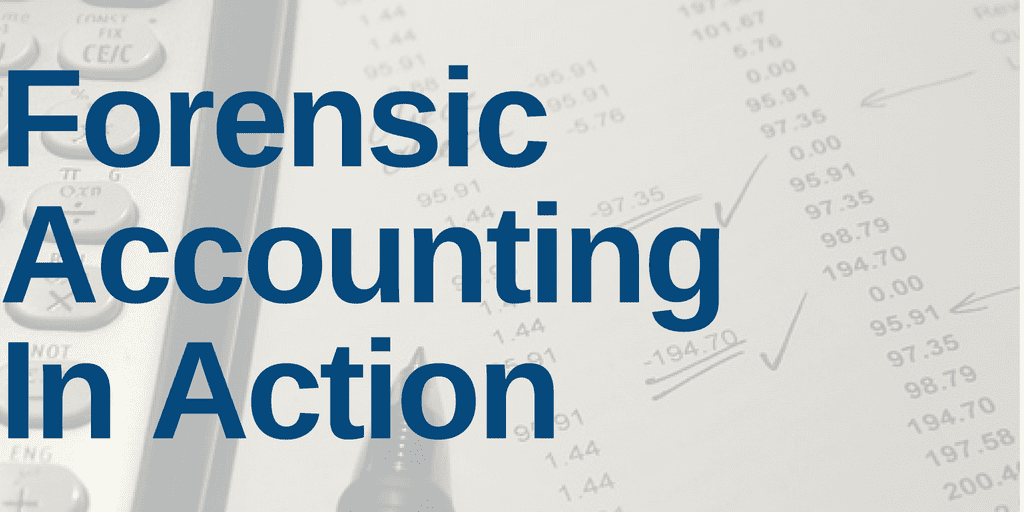For March 5, our forensic accounting needle in a haystack comes from a car rental service that purchases goods and services from a company controlled by its largest investor.
Analyst Jacob McDonough found an unusual item in Hertz Global Holdings’ (HTZ) 2018 10-K.
On page 140, HTZ discloses that it purchases goods and services from entities controlled by Carl Icahn, who is the largest investor in HTZ and controls multiple board seats. HTZ purchased $39 million worth of goods and services from these entities – primarily The Pep Boys – in 2018, which was up from $13 million in 2017.
While $39 million in expenses is relatively minor for HTZ (less than 1% of revenue), the company discloses on page 32 under its risk factors:
“It is possible that these entities could cancel, choose not to renew or renegotiate the terms of their arrangements with the Company following the sale of shares by affiliates of Carl Icahn, which could adversely impact our business.”
That risk became all the more relevant on March 5 after Icahn disclosed that he’d cut his stake in HTZ by almost 20%. Investors should be aware that this development could lead to a disruption of service or increased costs for the company. In addition, Icahn’s sale suggests that he has no interest in taking the company private, which has been one of the primary bull cases for the stock over the past year. HTZ dropped 10% on the news.
We warned investors to avoid HTZ a year ago, and the stock is down 12% while the S&P 500 is flat since then. Icahn trimming his stake in HTZ just as the company becomes more reliant on his other businesses only increases the risk in owning this stock.
The Power of the Robo-Analyst
We analyzed 201 10-K filings yesterday (breaking the record we set on February 28), from which our Robo-Analyst[1] technology collected 22,154 data points. Our analyst team used this data to make 4,384 forensic accounting adjustments with a dollar value of $844 billion. The adjustments were applied as follows:
- 1,742 income statement adjustments with a total value of $51 billion
- 1,890 balance sheet adjustments with a total value of $376 billion
- 725 valuation adjustments with a total value of $417 billion
We believe this research is necessary to fulfill the Fiduciary Duty of Care. Ernst & Young’s white paper, “Getting ROIC Right”, demonstrates how these adjustments contribute to meaningfully superior models and metrics.
This article originally published on March 5, 2019.
Disclosure: David Trainer, Jacob McDonough, and Sam McBride receive no compensation to write about any specific stock, sector, style, or theme.
Follow us on Twitter (#filingseasonfinds), Facebook, LinkedIn, and StockTwits for real-time alerts on all our research.
[1] Harvard Business School features the powerful impact of our research automation technology in the case New Constructs: Disrupting Fundamental Analysis with Robo-Analysts.
